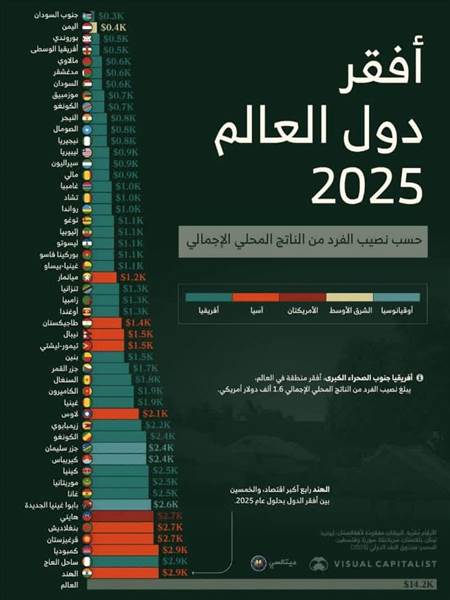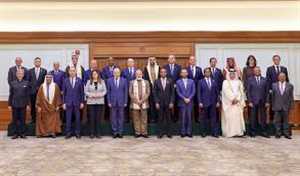Yemen International Bank Denounces U.S. Sanctions as Politically Motivated
emen International Bank, one of the country’s oldest and largest commercial banks, has strongly rejected the U.S. Department of the Treasury’s decision to place it and three of its executives on the OFAC sanctions list, describing the move as politically motivated and disconnected from financial realities on the ground.
In a statement released two days after the announcement, the bank clarified that it has always operated with high professionalism, adhering to the strictest international banking standards. This includes compliance with anti-money laundering laws, counter-terrorism financing regulations, and all requirements set by the Central Bank of Yemen.
The bank emphasized that it will continue offering full banking services despite the difficult circumstances in the country, ensuring that customer deposits remain fully protected. It noted that its assets and reserves held at the central bank and other partner banks exceed its liabilities to depositors and shareholders.
In response to the sanctions, Yemen International Bank has launched legal and official procedures in coordination with relevant authorities, aiming to have its name removed from the OFAC list as soon as possible.
The statement called on both local and international actors to depoliticize the banking sector, warning that involving financial institutions in political conflicts could severely damage the Yemeni economy and increase the suffering of its people.
The U.S. Treasury alleged that the bank had facilitated financial activities for the Iran-backed Houthi movement, contributing to their ability to launder money and transfer funds to allies, including Hezbollah. As a result of the listing, any assets the bank holds under U.S. jurisdiction are frozen, and U.S. individuals and businesses are barred from dealing with it.
Despite these claims, Yemen International Bank insists it has no ties to any political or militant group, and that the decision to impose sanctions was based on unfounded political pressures rather than verified financial misconduct
"What is happening in Yemen? What caused the war? And who ignited it?











Comments